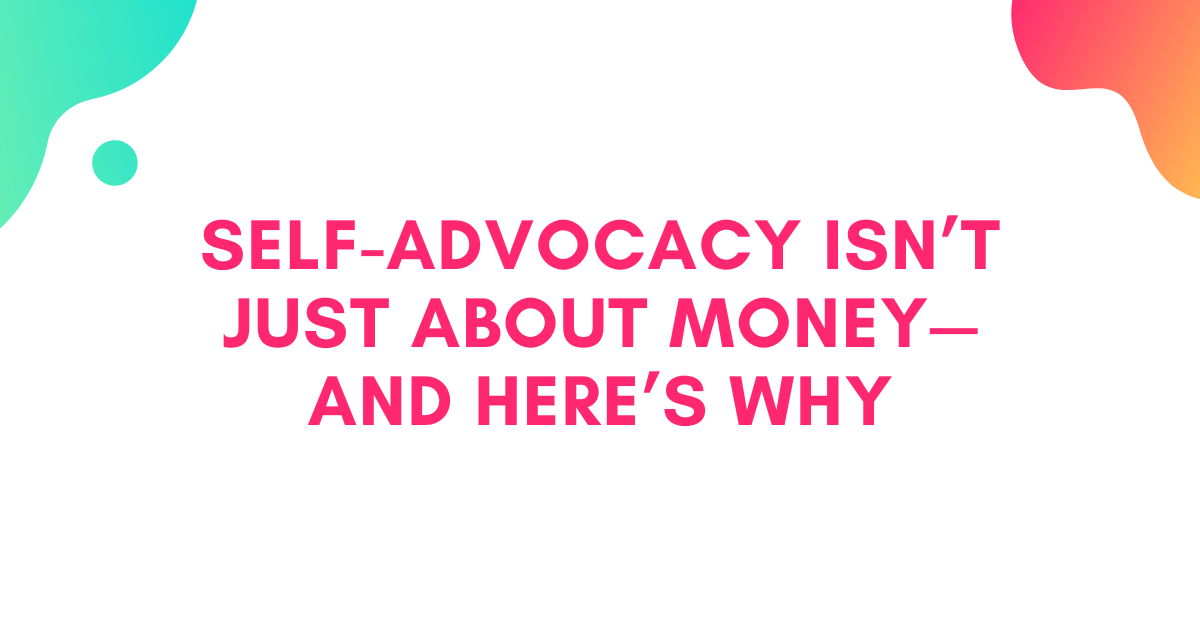Impostor Syndrome Clinic for Women of the Global Majority
I’ve been in the women’s empowerment space for over a decade — and I cringe at this:
Nearly every conference has at least one session titled “How to Overcome Impostor Syndrome” or “5 Steps to Banish Impostor Syndrome Once and For All.”
As if feeling inadequate in professional spaces that prioritize pale and male bodies were an embarrassing flaw to fix — like spilled coffee on your button-down or fuzz on your upper lip.
There’s something misguided about treating women's self-doubt like a personal hygiene issue — something to scrub away in private so we can appear polished and palatable in public.
Because here’s what I know in my bones:
Feeling like a “fraud” — or experiencing persistent self-doubt in spite of your academic and professional achievements — is not a flaw.
It’s often a logical, even protective, response to chronic invalidation and marginalization.
As political tides shift and thousands of highly qualified women and people of the global majority are removed from roles in inclusive economics — both in the corporate sector and in federal government — there’s no denying it:
Blatant injustice shakes our confidence and sense of well-being.
Nor is it a lack of strength, power, or will that leads 75% of executive women to second-guess themselves (according to KPMG study)
And it’s no personal failing that 50% of women of color planned to leave their jobs, citing marginalization (according to Working Mother Media survey)
So when we assume that impostor syndrome can simply be “overcome” through sheer willpower — especially for women of the global majority — we miss the mark.
And yet.
There is a grain of truth — some usefulness — in the language of “overcoming impostor syndrome.”
But only under big caveats.
It makes sense when:
You’re in a role that fits your skills and values.
Your colleagues treat you as a respected peer.
You’re engaged in your work and ready to grow — but self-doubt is holding you back from taking the next brave step.
Whether that brave step is:
Speaking up about your impact in 1:1s with your boss or stakeholders,
Asking to be considered for a mid-year promotion, so it’s secured by end-of-year,
Or requesting your colleagues amplify your voice in the room —
Sometimes, the doing helps the being catch up.
But knowing when to vote for yourself — and when to vote with your feet — takes discernment.
That’s why next Friday, June 13th, I’m hosting the free workshop: Impostor Syndrome Clinic for the Women of the Global Majority.
Not because you need fixing.
Not because doubt makes you broken.
But because you are already powerful.
Impostor feelings are not a moral failure — they’re a signal that you are alive, engaged, and navigating in spaces that was not designed with you in mind.
To quote Audre Lorde:
When I dare to be powerful —
to use my strength in the service of my vision —
then it becomes less and less important whether I am afraid.
That’s the spirit of this clinic:
Not to erase fear, but to work with it.
Not to fake confidence, but to ground in truth.
Not to overcome, but to reframe and reclaim.
We’ll use subconscious repatterning, cognitive reframes, and courageous action to shift from survival mode into self-leadership.
FREE to register.
A request: Would you be a friend and send this registration link to your fellow alum, sangha member, either a real sister or sister from a different mother, or neighbor? Thank you!





